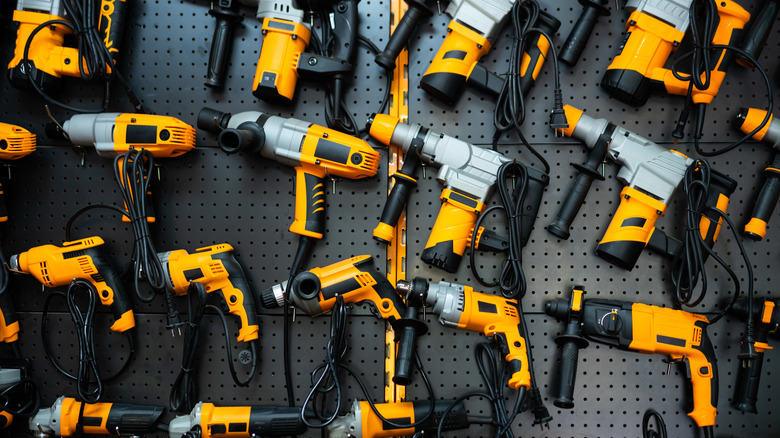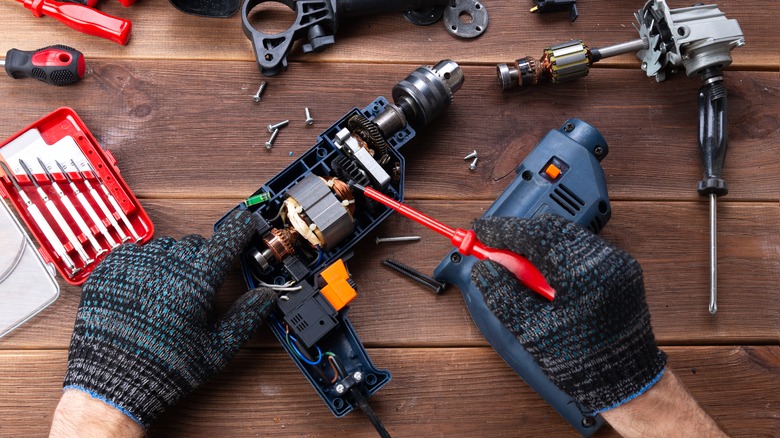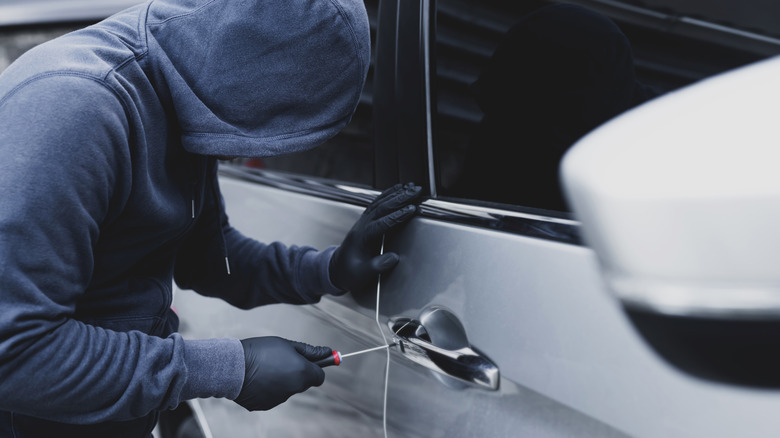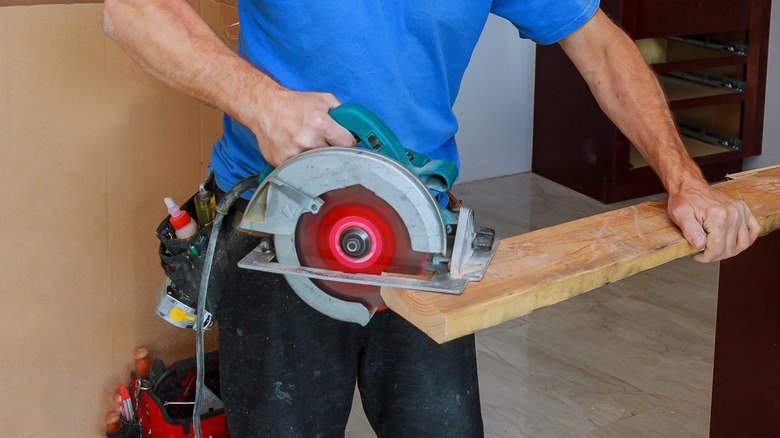3 Reasons Why You Should Register Your Power Tools
Nobody likes paperwork, and there are certain circumstances where it gets a little more inconvenient. If you've just purchased a power tool or multiple power tools, you likely have a job already in mind. That job will be your main focus, and small, seemingly unnecessary administrative tasks will be the last thing you worry about.
But one thing you really shouldn't overlook is power tool registration. It's an important step with numerous benefits that could save you hours of frustration or hundreds of dollars further down the line. Most manufacturers have a streamlined registration process these days. Armed with the receipt, the product itself, and a few personal details, you can usually complete a registration form in a few minutes and get on with your life. It's also worth noting that the registration process is free. It's just you confirming to a manufacturer that you purchased a specific product on a specific date. It isn't like stumping up some extra cash for an extended warranty when you're at the checkout — though it could end up giving you similar benefits without hitting your wallet.
Power tools are often an expensive purchase, and even if they landed a bargain, customers still expect to get many years of reliable use from them. Here are three reasons why not skipping the tool registration step can help ensure you get many years of safe service from your new purchase.
It can help with the warranty
Nearly all products come with some form of warranty. For tools, there is usually a 12-month minimum warranty you can expect to receive — though many manufacturers back their products for several years or longer. Warranties cover failure due to manufacturing faults but tend to draw the line at improper use. So, if you're using an impact driver as a hammer, you won't be able to make a claim. But if the motor randomly fails after a few months, you can probably put a claim in. For basic warranties — proof of purchase, like a receipt, will likely do. But registering your tool makes everything a lot easier. Once it's registered, it's on record. So, losing the receipt isn't a problem.
Similarly, you're less likely to end up in a warranty-related dispute if you register the tool shortly after purchase. As a bonus, registration usually extends the warranty. In some manufacturers' cases, this can be by a year or two, but others take it to extremes. Home Depot, for example, offers a limited lifetime warranty on its RIDGID line of tools, provided the product is registered with them. This is a massive bonus, as even well-manufactured tools can fail 10 or 15 years later. With a lifetime warranty, there's a good chance you can get a repair or replacement should the company guaranteeing the product still exist.
It can be handy if your tools get stolen
Tools are very popular targets for thieves because of their usefulness, compact size, and cost. Tradesmen often install signage on their vans stating that no tools are left inside overnight to deter burglars. When the owner's back is turned, an opportunist may easily snatch a drill, circular saw, or nail gun.
While a warranty won't help you get reimbursed for the tools you lose to theft, registering your equipment could drastically increase your chances of getting it back if it goes missing. If the thief, or equally nefarious character the thief sold your tools to, eventually gets caught, the police may seize objects they believe to be stolen. While a vague description of your missing tools may be enough to link them back to you, something like a serial number almost guarantees they will be returned should the authorities get their hands on them. Registering your tools often involves noting the serial number so there is a record of it with you and the manufacturer. This means it's easy to get and hand over to officers should you have to report a theft.
In rarer circumstances, a registration can also potentially prove a tool belongs to you if someone claims you stole it for some reason. While a receipt may go missing, a registration shortly after the initial purchase will remain on record. It can be used to demonstrate that an item has been in your possession for a particular time.
It could keep you safe
While modern manufacturing standards are very high, mistakes can happen. In these cases, a manufacturer usually issues a recall. Recalls can be for minor things, like cosmetic issues, but they can also happen because of a major safety flaw, which could lead to severe injury or death of the person using it.
When a recall is issued, the manufacturer will post a public notice and ask people who purchased an affected product to return it to the point of sale or ship it to a particular address to receive a repair, replacement, or refund. This process is free of charge and aimed at resolving the issue. The manufacturer and its distributors will also attempt to contact people known to have purchased the affected product. If you register your tools, the manufacturer will have your details on record — so contacting you about a recall will be quick and simple. Furthermore, tools often don't have distinctive names.
Models can have similar strings of numbers and letters, with only subtle differences differentiating between exact products. The majority of people would say they have an 18-volt Makita drill. Not an "XPH16T," " XFD14T," or "XPH14Z." So, seeing that string of letters on a recall notice may mean nothing to them, or they may believe that their drill is not affected. If your tool is registered, the manufacturer will know exactly what model you have and tell you if there is an issue.



